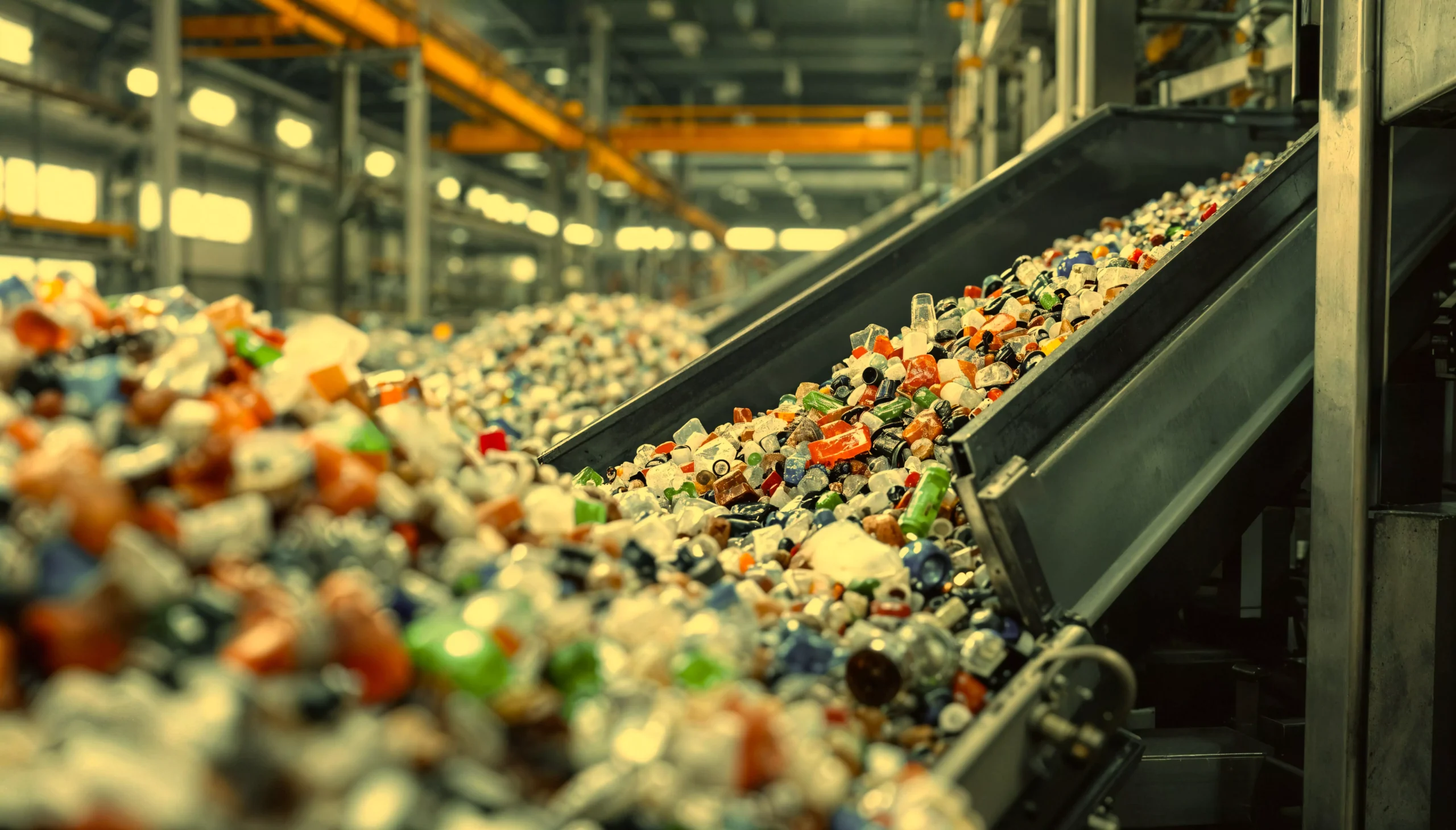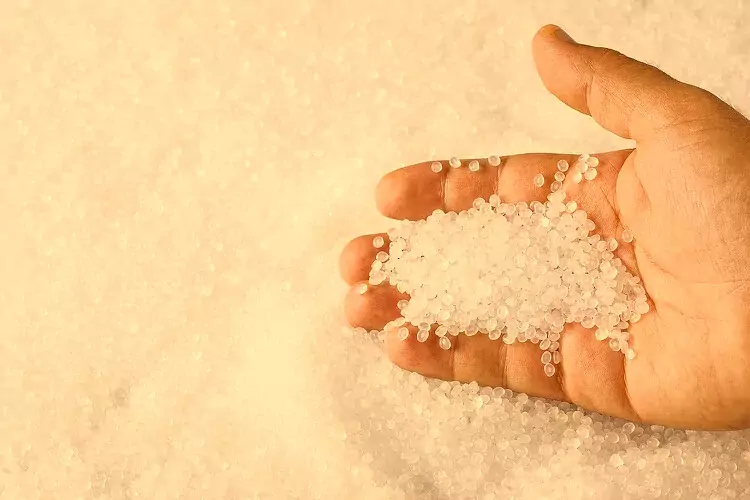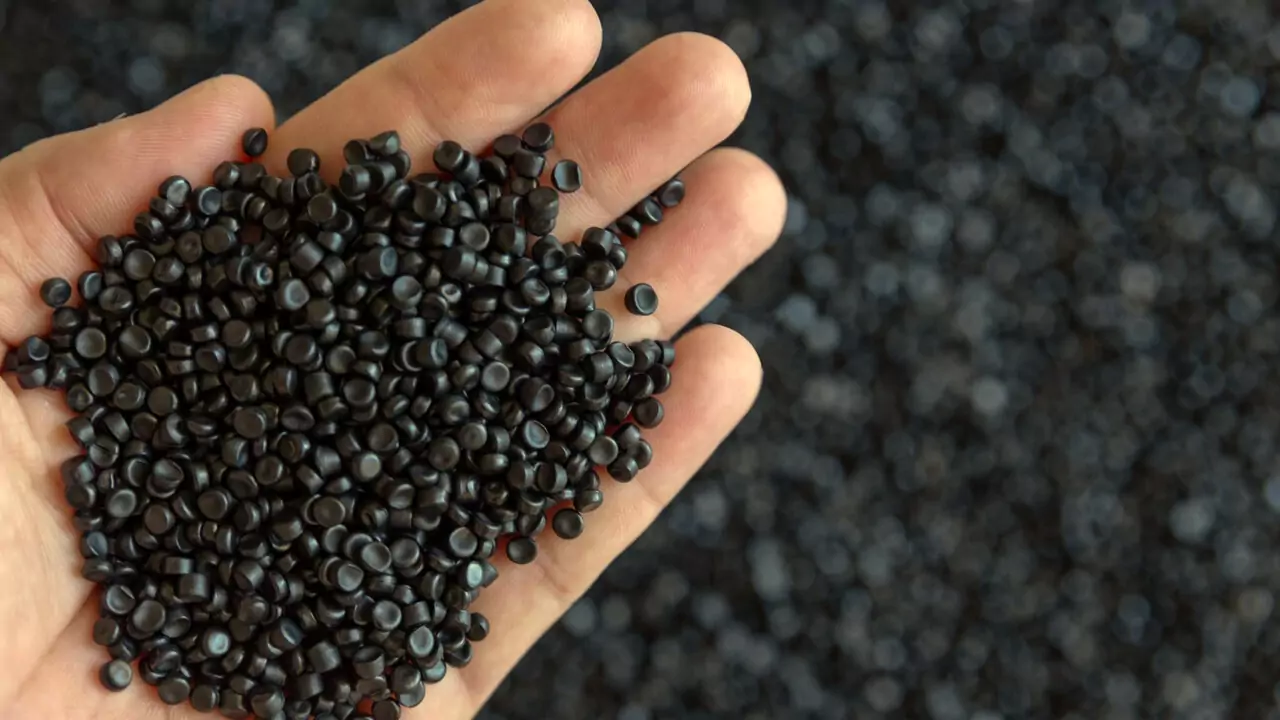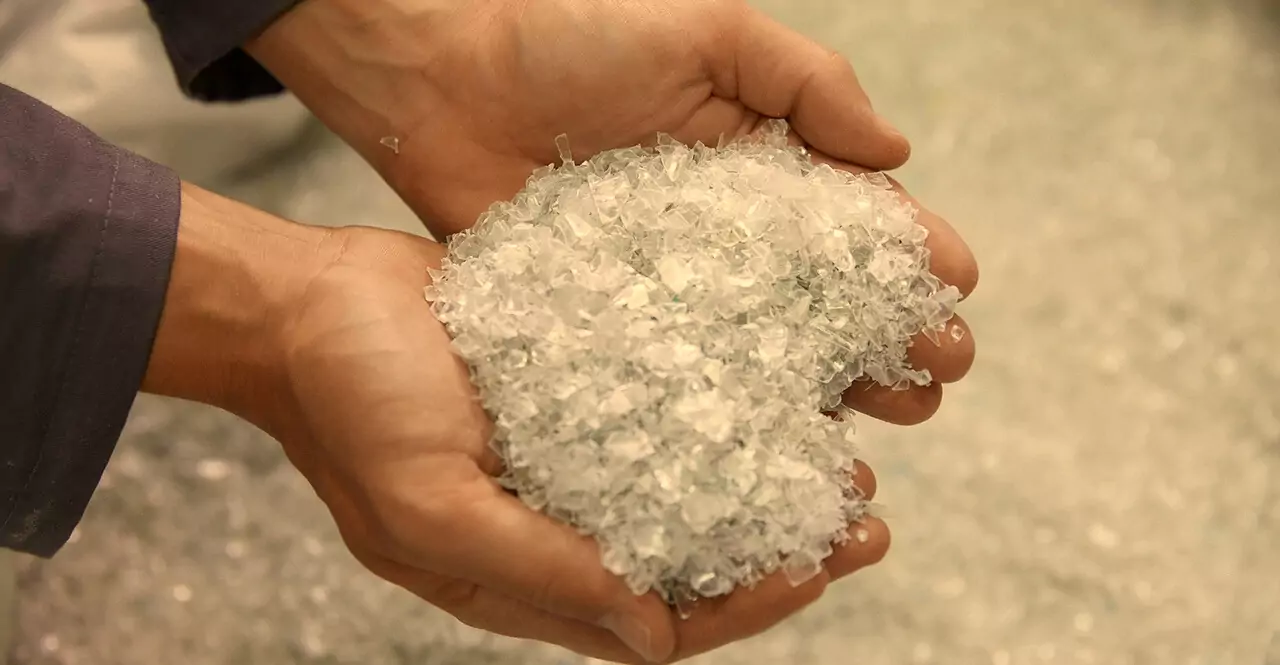Introduction
In the era of climate change, resource scarcity, and increasing environmental awareness, companies are under more pressure than ever to adopt sustainable practices. One of the most impactful ways businesses can improve their sustainability profile is by incorporating recycled plastics into their supply chains. Recycled plastics not only reduce dependence on virgin materials but also play a significant role in decreasing plastic pollution and greenhouse gas emissions.
This blog outlines practical strategies and tips for businesses to integrate recycled plastics into their supply chains efficiently and effectively, contributing to a greener, circular economy.
1. Understand the Types of Recycled Plastics
Before incorporating recycled plastics, it is essential to understand the types available:
- rPET (Recycled Polyethylene Terephthalate): Commonly used in textile fibers, food and beverage containers.
- rPP (Recycled Polypropylene): Popular in packaging, automotive parts, and consumer products.
- rHDPE (Recycled High-Density Polyethylene): Used in detergent bottles, piping, crates, and outdoor furniture.
Each type of recycled plastic has different properties, costs, and applications, so identifying the right fit for your products is the first step.
2. Evaluate Your Current Plastic Use
Conduct a comprehensive audit of your existing plastic usage. Identify the volume and type of plastics being used in packaging, components, and product parts. Determine which of these can be replaced with recycled alternatives without compromising on quality or compliance.
Look at areas such as:
- Product packaging
- Shipping and logistics materials
- In-store displays
- Consumer-facing product components
3. Partner with Reliable Recycled Plastic Suppliers
The quality and consistency of recycled plastics can vary based on the sourcing and processing methods. It’s crucial to partner with trusted suppliers like Aadinath Ecotex who specialize in high-quality rPET flakes, rPP granules, and rHDPE granules.
When selecting suppliers, consider the following:
- ISO or quality certifications
- Transparency in sourcing
- Proven track record and testimonials
- Availability of custom grades
Working with a certified supplier ensures product safety, regulatory compliance, and performance.
4. Redesign for Recyclability and Integration
Designing products with recycled plastics in mind is a forward-thinking strategy. Work with your R&D and design teams to adjust molds, forms, or packaging to suit recycled material properties.
Benefits include:
- Reduced material waste
- Easier incorporation of recycled content
- Better alignment with sustainable branding
Utilizing Design for Environment (DfE) principles can ensure that recycled plastics seamlessly replace virgin materials without negative impacts.
5. Invest in Staff Training and Awareness
To integrate recycled materials effectively, your internal teams need to be informed and aligned. Conduct training sessions for your procurement, production, and marketing teams to educate them on the benefits, specifications, and best practices for using recycled plastics.
This will help:
- Reduce internal resistance to change
- Improve operational efficiency
- Foster a company-wide sustainability culture
6. Highlight Recycled Content in Marketing
Consumers are becoming increasingly conscious of the sustainability of the products they buy. Use your adoption of recycled plastics as a marketing advantage.
Tips for promotion:
- Include recycled content details on product labels
- Share your sustainability journey on social media
- Launch eco-focused campaigns
- Apply for sustainability certifications (e.g., Cradle to Cradle, Recycled Content Certification)
This not only builds consumer trust but can also help differentiate your brand in a competitive market.
7. Ensure Compliance and Quality Control
Using recycled plastics requires compliance with various health and safety standards, especially in industries like food and pharmaceuticals. Collaborate with legal and quality teams to stay updated on regulations such as:
- FDA and EFSA guidelines for food-grade recycled plastics
- ISO 15270 standards
- Country-specific environmental regulations
Implement rigorous quality checks and third-party audits to maintain consistency.
8. Measure Impact and Report Progress
Integrating recycled plastics into your supply chain should be tracked and measured. Quantify how much virgin plastic has been replaced, CO2 emissions reduced, or how much waste has been diverted from landfills.
Use KPIs such as:
- Percentage of recycled content in products
- Waste reduction volume
- Environmental cost savings
Transparent reporting through sustainability reports or impact dashboards can strengthen your brand’s credibility and attract conscious consumers and investors.
9. Collaborate with Industry Groups and NGOs
Partnerships with organizations focused on sustainability can accelerate your transition. By joining industry alliances, you gain access to new technologies, best practices, and even funding opportunities for green initiatives.
Examples include:
- Ellen MacArthur Foundation
- WRAP (Waste and Resources Action Programme)
- Circular Economy 100 Network
These collaborations can help shape your long-term strategy and ensure alignment with global goals.
10. Plan for Continuous Improvement
Sustainability is not a one-time effort but a continuous journey. Keep evaluating your supply chain and exploring innovations in recycled materials. Stay informed about:
- Advancements in chemical recycling
- Bioplastics and hybrid materials
- Government incentives for green manufacturing
Regularly reassess your policies and strategies to scale your sustainability efforts.
Conclusion
Incorporating recycled plastics into your supply chain is not only an environmentally responsible decision but also a smart business strategy. It helps reduce operational costs, enhances brand reputation, and meets growing consumer demand for sustainability.
By following these practical tips—ranging from supplier partnerships to product redesign and compliance—you can successfully transition towards a greener, more circular supply chain. Businesses that act today will not only gain a competitive edge but also contribute meaningfully to the global movement toward sustainable development.
Need help sourcing reliable recycled materials like rPET flakes, rPP granules, or rHDPE granules?
Contact Aadinath Ecotex at:
Email: vj26438@gmail.com
Phone: +91 99966 44835
Address: Khewat No. 231, Village Garh Sarnai, Panipat-132103, Haryana
Let’s build a more sustainable future together.








